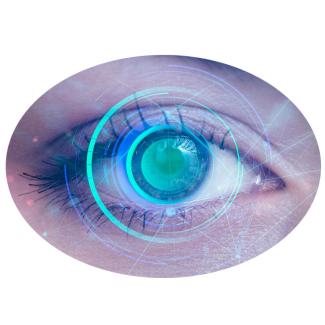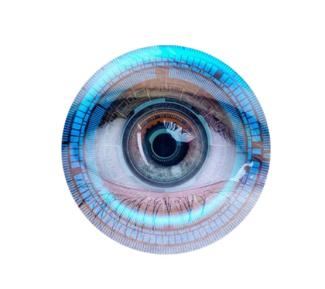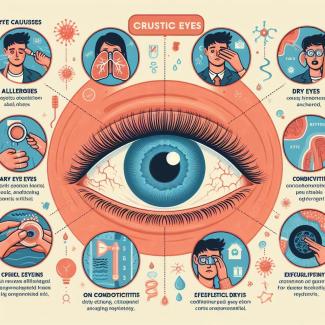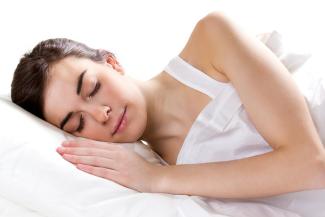
Artificial light, particularly the blue light emitted by electronic devices and certain types of light bulbs, can have negative effects on both your sleep and your eyes.
- Sleep Disruption:
- Circadian Rhythm Disruption: Exposure to artificial light, especially blue light, in the evening can disrupt your circadian rhythm, the body's internal clock that regulates sleep-wake cycles. This can make it difficult to fall asleep and stay asleep, leading to sleep problems like insomnia.
- Suppression of Melatonin: Blue light exposure inhibits the production of melatonin, a hormone that helps regulate sleep. Reduced melatonin levels can make it harder to get a good night's sleep.
- Eye Health:
- Digital Eye Strain: Prolonged exposure to screens and electronic devices can lead to digital eye strain or computer vision syndrome. Symptoms include eye fatigue, dryness, blurred vision, and headaches.
- Increased Risk of Macular Degeneration: Long-term exposure to blue light may increase the risk of age-related macular degeneration (AMD), a leading cause of vision loss in older adults.
- Discomfort and Dry Eyes: Staring at screens for extended periods can reduce the frequency of blinking, leading to dry and irritated eyes.
To mitigate the negative effects of artificial light on your sleep and eyes:
- Limit Screen Time: Reduce screen time in the evening, especially before bedtime. Consider using blue light filters or "night mode" settings on your devices to reduce blue light exposure.
- Use Blue Light Filters: Invest in blue light-blocking glasses or screen protectors for your devices. These can help reduce blue light exposure and alleviate digital eye strain.
- Control Lighting: Use warm or amber-colored lights in the evening, as they emit less blue light and are less likely to disrupt your sleep. Avoid bright, cool white lights before bedtime.
- Take Breaks: Follow the 20-20-20 rule, which involves taking a 20-second break every 20 minutes and looking at something 20 feet away to reduce eye strain.
- Maintain Good Sleep Hygiene: Establish a regular sleep schedule, create a comfortable sleep environment, and practice good sleep hygiene to improve sleep quality.
- Get Regular Eye Exams: Regular eye check-ups with an optometrist or ophthalmologist can help detect and address eye health issues early.
It's essential to be mindful of your exposure to artificial light, especially before bedtime, and take steps to protect your eyes and maintain a healthy sleep pattern. If you continue to experience sleep problems or eye discomfort, consult a healthcare professional for further guidance and evaluation.






